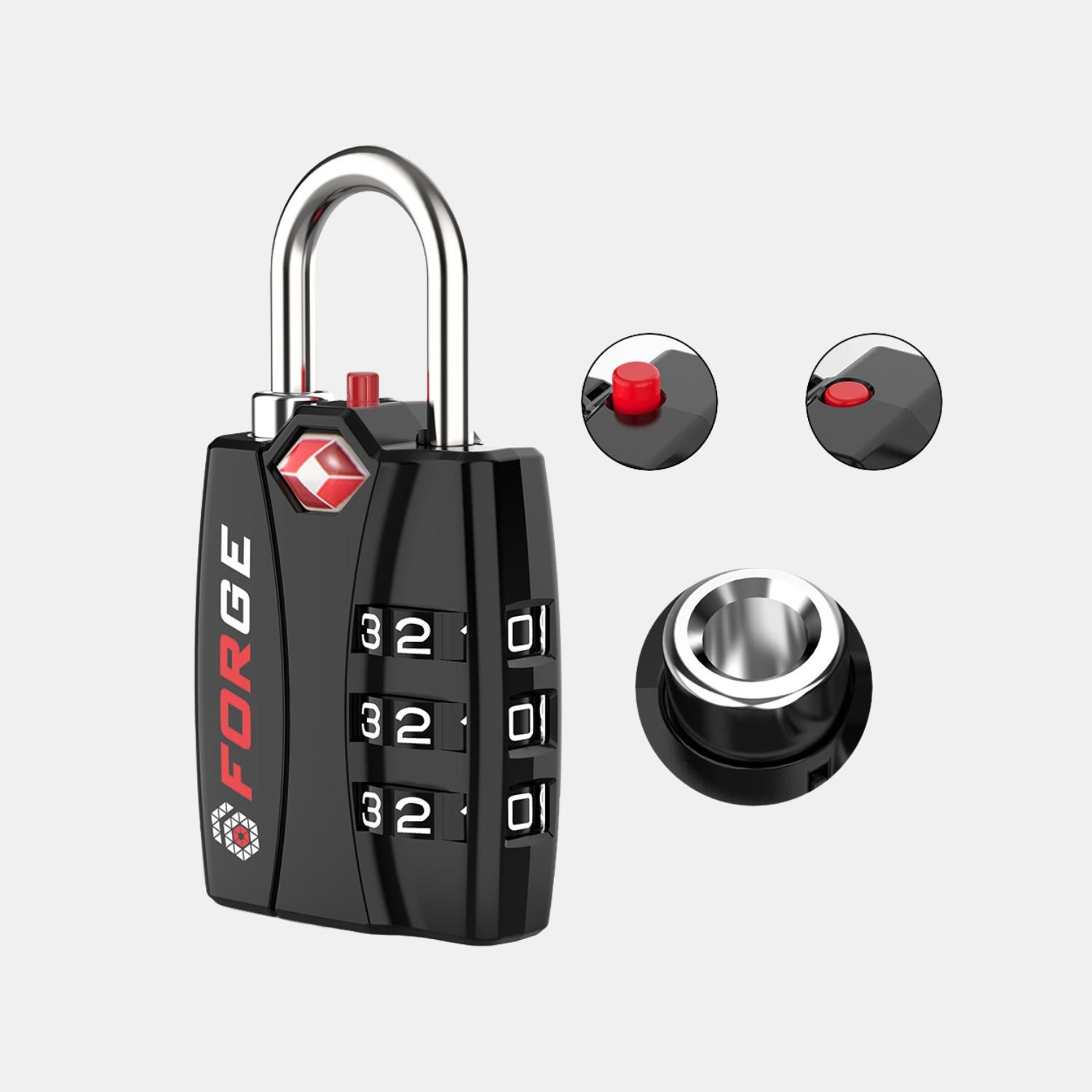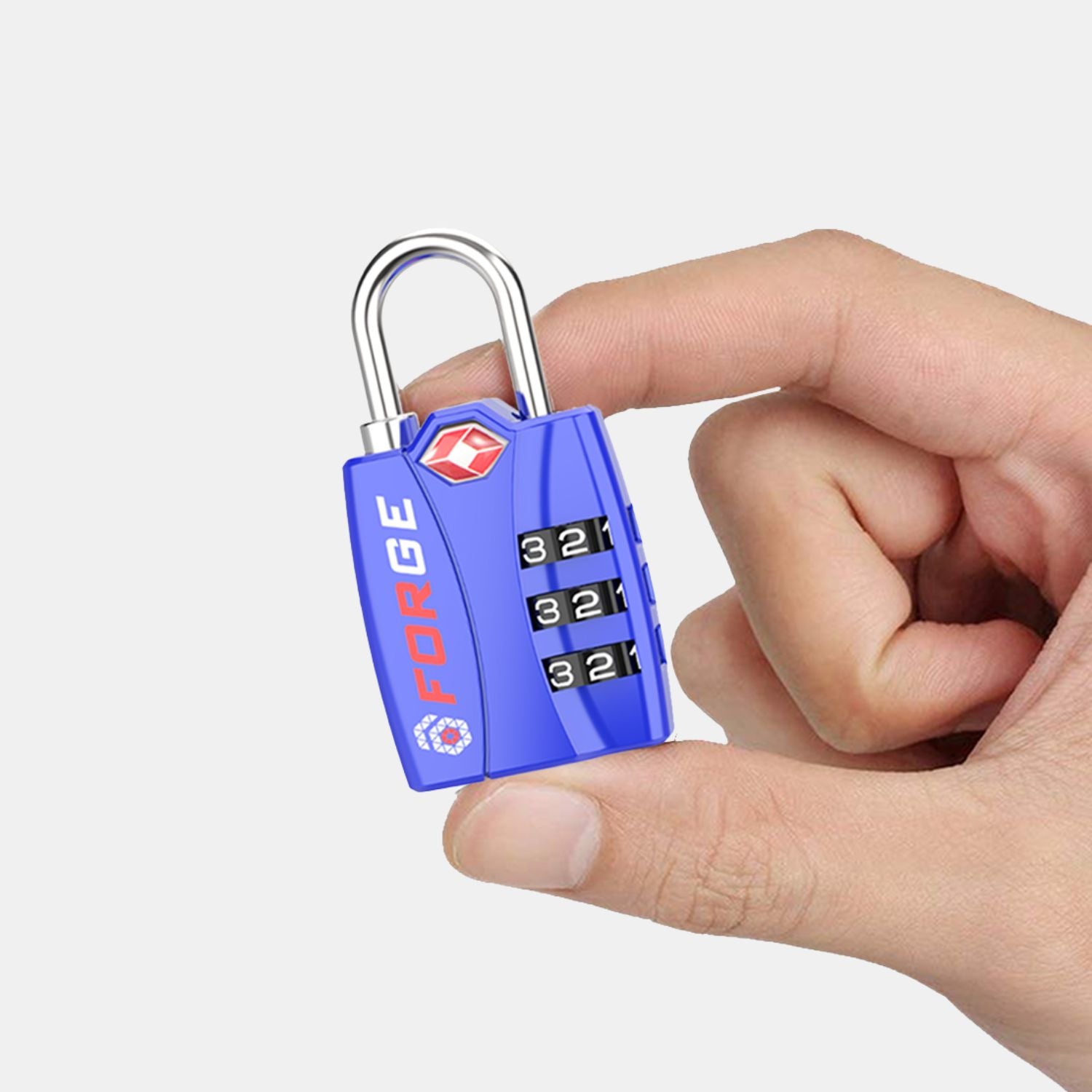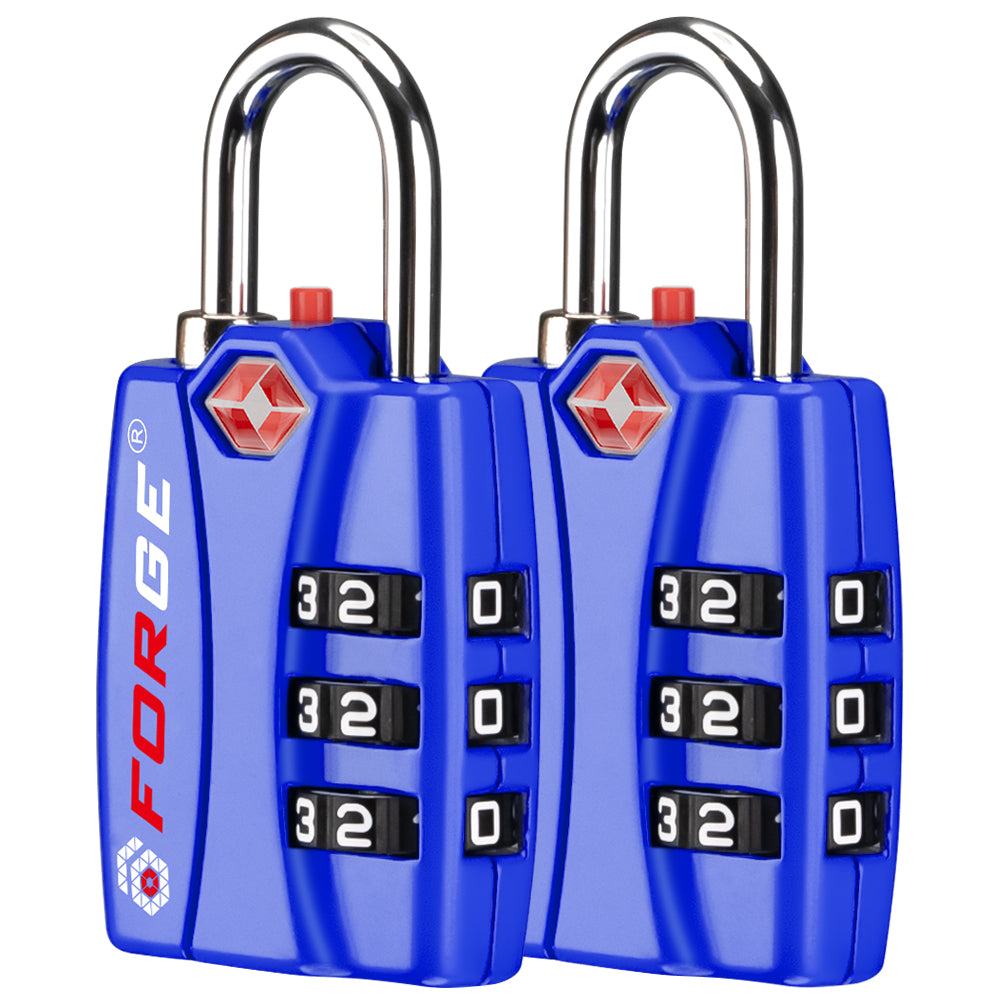The connection between portable pillows and automotive locks might seem unusual at first glance, yet this pairing addresses a genuine need for vehicle owners and automotive professionals. When working on car locks, whether during installation, repair, or lockout situations, protecting the vehicle's exterior becomes paramount. Portable pillows serve as an innovative solution that bridges comfort and functionality in automotive lock work. These versatile tools prevent scratches, dents, and paint damage that can occur when manipulating locks or using specialized equipment near vehicle surfaces. As automotive technology advances and vehicles become more sophisticated, the methods for accessing and servicing locks have evolved accordingly. Portable pillows have emerged as an essential accessory that combines practicality with vehicle protection, offering a simple yet effective approach to maintaining pristine automotive finishes during lock-related procedures. Understanding why these pillows have become indispensable tools reveals how small innovations can make significant differences in automotive care and security work.
Introduction to Portable Pillows and Automotive Locks
Portable pillows designed for automotive lock work are specialized protective cushions that create a buffer between tools, hands, and vehicle surfaces during lock servicing. Unlike standard travel pillows, these automotive-specific versions feature durable, non-slip materials that resist oils and chemicals while providing adequate cushioning. They typically come in compact sizes that fit easily in toolkits or glove compartments. Locksmiths and automotive technicians have adopted these pillows to prevent cosmetic damage when reaching through door gaps, positioning lock manipulation tools, or resting equipment against painted surfaces. The pillows distribute pressure evenly, eliminating point-contact that could mar finishes or create indentations on delicate trim pieces, making them an indispensable addition to professional automotive lock servicing equipment and emergency roadside kits alike.

Why Portable Pillows are Ideal for Automotive Locks
The ideal nature of portable pillows for automotive lock work stems from their unique combination of protection, accessibility, and versatility. When technicians or vehicle owners need to access door locks through narrow gaps, these pillows create a protective barrier that prevents metal tools from scraping against window seals, door frames, or paint surfaces. Their soft yet firm construction absorbs impact while maintaining stability, which proves crucial when precision work demands steady hand positioning. The portability factor means these pillows can be quickly deployed in emergency situations, whether in parking lots, driveways, or roadside locations where professional equipment might not be readily available. Additionally, their compact design allows them to conform to various vehicle contours, from curved door panels to angular window frames, providing consistent protection regardless of vehicle make or model. This adaptability extends to different lock types and access methods, making portable pillows equally effective for traditional key-based systems and modern electronic locks that require careful manipulation near sensitive components. The combination of immediate availability, surface protection, and functional flexibility establishes portable pillows as the optimal choice for anyone performing automotive lock work.

The Advantages of Using Portable Pillows for Automotive Locks
Portable pillows deliver multiple advantages that make automotive lock work safer and more efficient. They eliminate the risk of costly paint repairs by preventing scratches and scuffs that commonly occur when tools slide against vehicle surfaces during lock manipulation. The cushioning effect also protects delicate weatherstripping and rubber seals from compression damage, extending the lifespan of these components. For professionals, portable pillows reduce liability concerns by minimizing the chance of accidental vehicle damage during service calls. The pillows provide ergonomic benefits as well, allowing technicians to rest their arms comfortably during extended lock work sessions, which improves precision and reduces fatigue. Their chemical-resistant materials withstand exposure to lubricants and cleaning agents used in lock maintenance without degrading or staining vehicle finishes. The quick deployment capability means less time spent preparing work areas, translating to faster service completion and improved customer satisfaction for professional locksmiths and automotive technicians alike.

How Portable Pillows Enhance Vehicle Security
Portable pillows contribute to vehicle security by enabling damage-free lock servicing that maintains the integrity of security systems. When locks require maintenance or adjustment, technicians can work confidently without risking scratches that might expose metal to corrosion, which could eventually compromise locking mechanisms. The pillows allow for precise tool positioning during lock installations, ensuring proper alignment and functionality of security components. They also facilitate emergency access situations where speed matters, enabling quick entry without destructive methods that would leave vehicles vulnerable. By protecting surrounding areas during lock work, portable pillows help preserve the original factory seals and weatherstripping that prevent unauthorized access through gaps or weakened points, maintaining the vehicle's overall security envelope intact.
Types of Automotive Locks
Automotive locks have evolved significantly over the decades, with several distinct types now in common use. Traditional mechanical locks rely on pin tumbler mechanisms operated by physical keys, remaining prevalent in older vehicles and as backup systems in newer models. Transponder locks incorporate electronic chips within keys that communicate with the vehicle's immobilizer system, adding a layer of security beyond mechanical operation. Keyless entry systems use radio frequency identification to unlock doors when the key fob is nearby, eliminating the need for physical key insertion. Smart locks represent the latest advancement, allowing smartphone control and biometric access in luxury and modern vehicles. Each lock type presents unique challenges during servicing, requiring different approaches and protective measures to prevent damage during maintenance or emergency access situations.
Why Traditional Locks are Not Always Ideal
Traditional mechanical locks, while reliable, present several limitations in modern automotive contexts that make them less than ideal for contemporary vehicle security needs. Their purely mechanical nature means they lack the advanced security features that deter sophisticated theft methods, as skilled individuals can pick or bump these locks with relative ease. Traditional locks offer no remote access capability, requiring physical key presence for every entry, which becomes inconvenient in emergency situations or when multiple users need access. They're also vulnerable to wear over time, with internal pins and tumblers degrading through repeated use, leading to sticky operation or complete failure. Weather exposure accelerates deterioration, as moisture and temperature fluctuations cause internal components to corrode or freeze. The physical key requirement creates additional vulnerabilities—lost keys necessitate expensive rekeying or lock replacement, while key duplication poses security risks. Furthermore, traditional locks provide no integration with modern vehicle systems like alarms or immobilizers, limiting their effectiveness as part of comprehensive security solutions. These inherent drawbacks have driven the automotive industry toward electronic and smart lock systems that offer enhanced protection and convenience.
How Portable Pillows Work
Portable pillows function through a combination of material science and ergonomic design that addresses the specific challenges of automotive lock work. The outer layer typically consists of durable synthetic fabrics with non-slip coatings that grip vehicle surfaces without leaving residue or causing abrasion. Inside, high-density foam or gel-based fillings provide the right balance between softness and structural support, compressing enough to fit into tight spaces while maintaining sufficient rigidity to keep tools stable. When positioned between a tool and the vehicle surface, the pillow distributes force across a wider area, preventing concentrated pressure points that cause dents or scratches. The materials resist deformation, returning to their original shape after use, which ensures consistent protection across multiple applications. Many designs incorporate channels or contours that accommodate tool handles and allow technicians to maintain proper angles during lock manipulation, while the cushioning absorbs vibrations from drilling or picking actions that might otherwise transfer to delicate vehicle components.
Choosing the Right Portable Pillow
Selecting an appropriate portable pillow for automotive lock work requires evaluating several key characteristics that directly impact performance and protection. The material composition should prioritize chemical resistance and durability, with synthetic fabrics that withstand repeated exposure to automotive fluids without degrading. Size matters significantly—pillows should be compact enough for storage yet large enough to cover vulnerable areas around lock mechanisms effectively. Density is another crucial factor, as the filling must provide adequate cushioning without being so soft that tools sink through and contact the vehicle surface. Look for non-slip surfaces on both sides to prevent shifting during use, which could lead to accidental scratches. Consider pillows with reinforced edges that maintain their shape under pressure, especially if working frequently with heavier tools. For professional use, washable covers offer practical maintenance benefits, while color choices beyond black can improve visibility in low-light conditions where emergency lock work often occurs. Some manufacturers known for quality lock accessories, such as Forge Quality in the luggage lock industry, apply similar durability standards to protective equipment, demonstrating how expertise in securing valuables translates to protecting vehicle surfaces during lock servicing.
Common Issues with Automotive Locks
Automotive locks face numerous problems that affect both functionality and security over their operational lifespan. Freezing ranks among the most common winter issues, as moisture infiltrates lock cylinders and solidifies, preventing key insertion or turning. Internal wear causes pins and tumblers to misalign, resulting in keys that stick, turn roughly, or fail to operate smoothly. Corrosion develops when moisture and road salt penetrate lock mechanisms, gradually degrading metal components until they seize completely. Key breakage inside locks creates particularly frustrating situations, often requiring professional extraction and potential lock replacement. Electronic lock systems experience their own set of problems, including dead key fob batteries, signal interference, and software glitches that prevent proper communication with vehicle systems. Physical damage from attempted break-ins or accidental impacts can bend lock housings or damage internal mechanisms beyond simple repair.
Essential Protection for Automotive Lock Work
Portable pillows have proven themselves as essential tools for automotive lock work, bridging the gap between effective lock servicing and vehicle surface protection. Their specialized design addresses the practical challenges faced by both professional locksmiths and vehicle owners, offering a simple yet effective solution to prevent costly cosmetic damage during lock manipulation, installation, and emergency access situations. The combination of durable materials, ergonomic functionality, and portable convenience makes these pillows invaluable for maintaining vehicle aesthetics while ensuring proper lock maintenance. As automotive lock systems continue to evolve with advancing technology, the fundamental need for protective equipment remains constant. By investing in quality portable pillows and understanding their proper application, anyone working with automotive locks can deliver professional results while preserving the integrity and appearance of vehicle surfaces, ultimately contributing to better security outcomes and customer satisfaction.